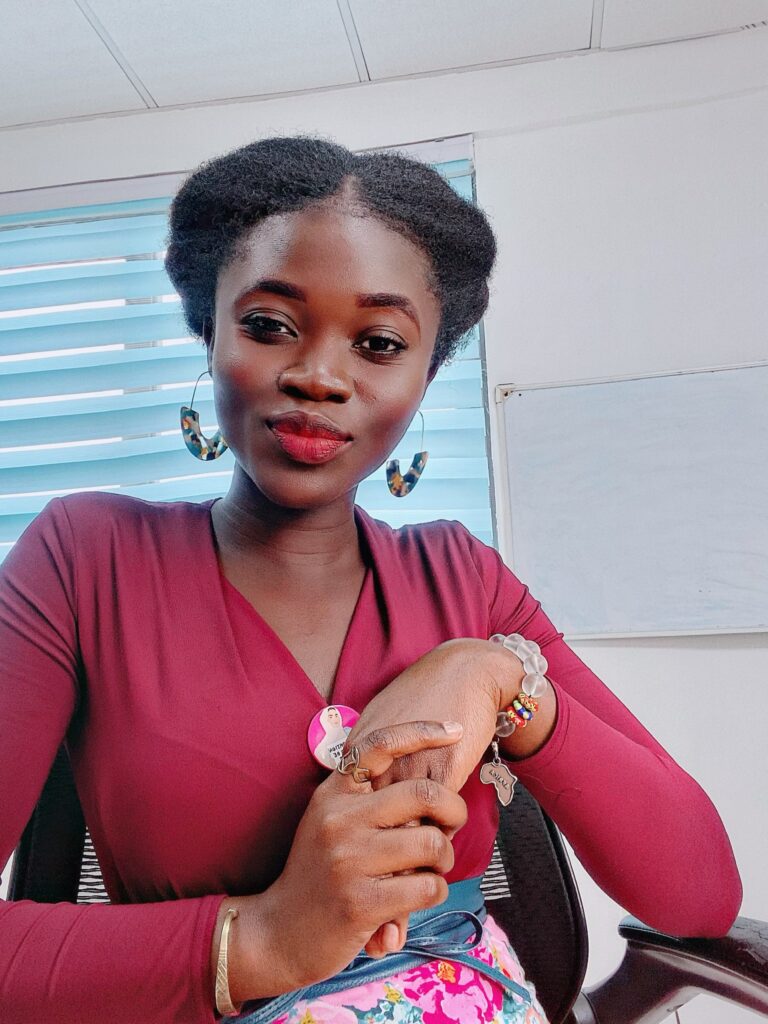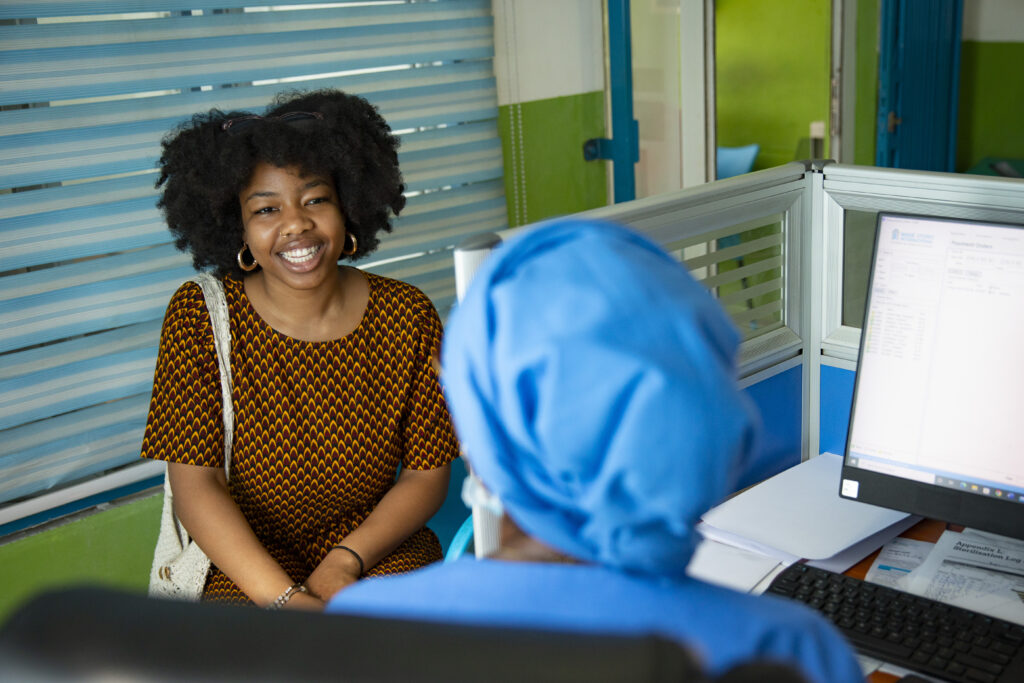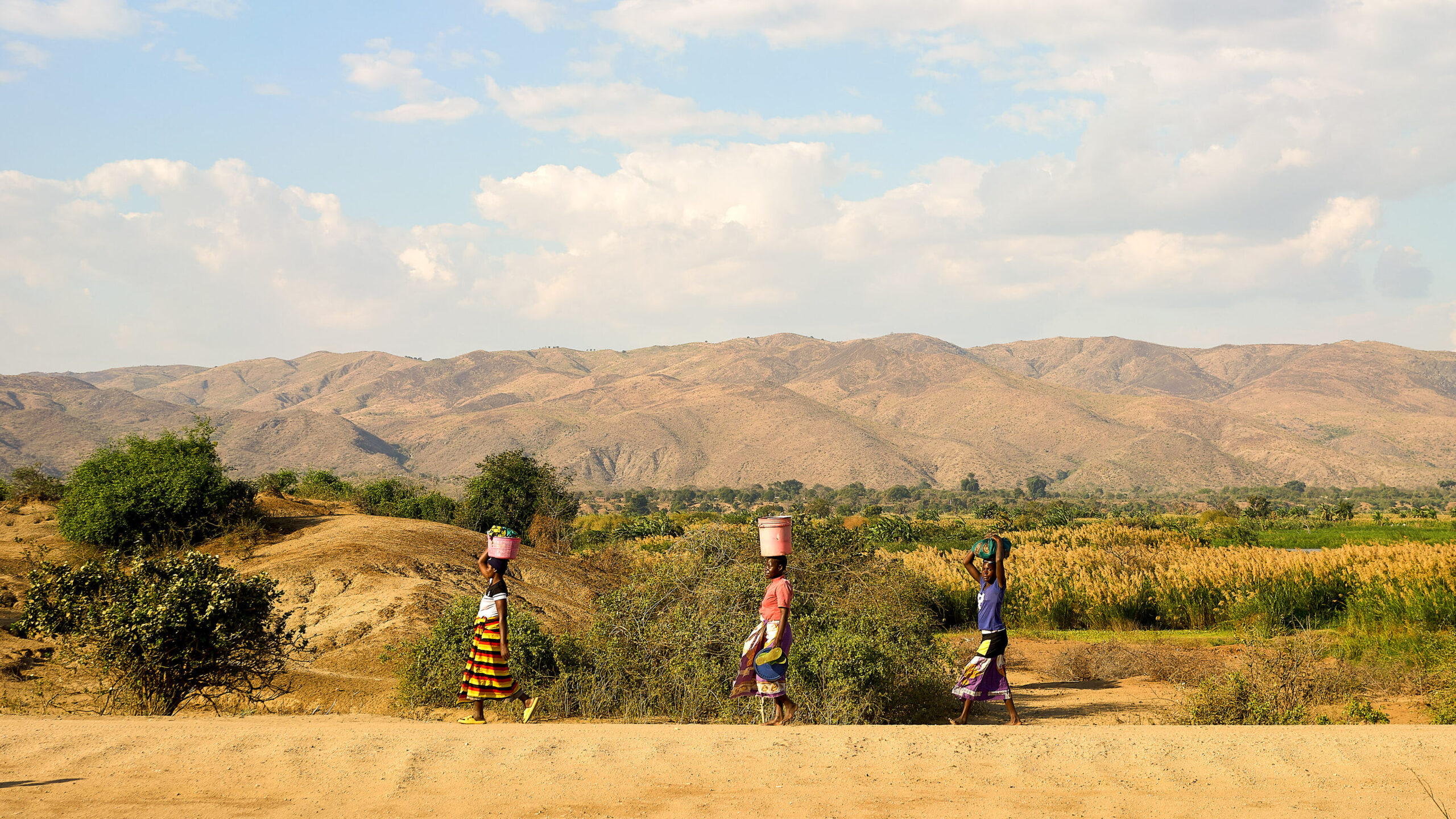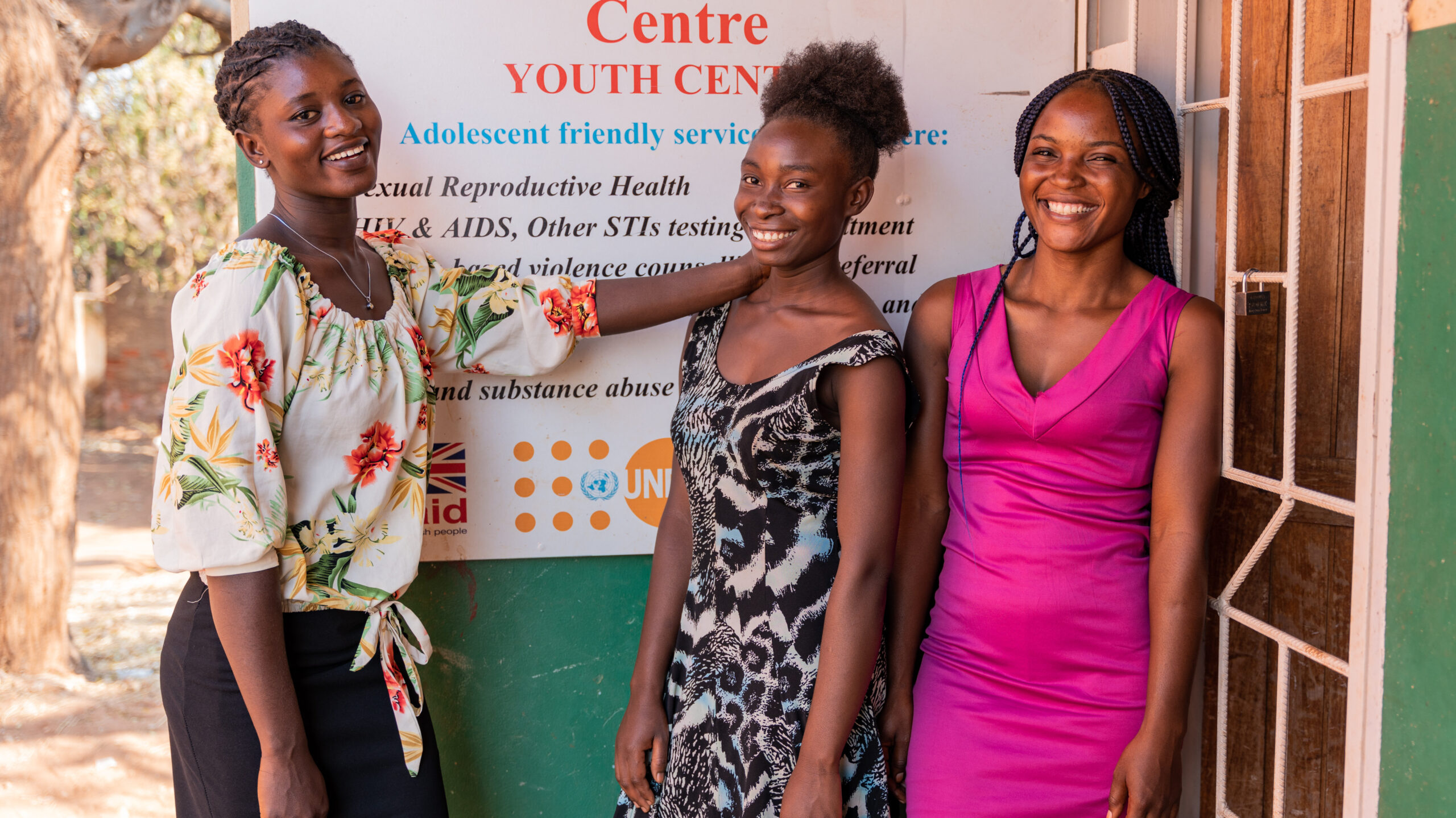This International Women’s Day, Esi Asare Prah, Advocacy and Donor Relations Manager at MSI Ghana, writes about gender equality and reproductive choice.

I can’t tell you exactly how or why my fate was different from many other young women and girls in my community; I was just one of the lucky ones. Unlike a lot of my peers, who became pregnant at an early age, I was the first in my family to make it to university. This showed me that women and girls can achieve anything they put their minds to, with the right support.
This International Women’s Day, as we talk about how we #BreakTheBias, we know that when women and girls have a seat at the table, we are better placed to grapple with the challenges this world is facing. From finding solutions to global inequality, to designing new approaches to environmental sustainability, the contributions of women and girls are essential to building a fairer future for all of us.
I grew up in a rural community in Ghana where teenage pregnancy and girls dropping out of school were normalised and almost a fact of life. Young people would often face stigma, long journey times and other challenges when seeking the sexual and reproductive healthcare and information they need to make informed choices. Stories of young women in my community becoming mothers at a young age or dying as a result of unsafe abortions were all too common.
Growing up in such a space, it took me until university to even learn about contraception. Since then, I wanted to make sure that all young people were able to access the same information, as a right and not by chance. I’ve now dedicated my career to ensuring women and girls can make reproductive choices on their own terms that are best for their futures.

Reproductive health is at the cornerstone of women and girl’s ability to realise many other rights, including the right to an education, the right to bodily autonomy, and to choose their own pathways in life. Access to education, including comprehensive sexuality education, and to sexual and reproductive health services including safe abortion and contraception, are essential in supporting the agency of women and girls wherever they are. Globally, UN data shows that countries that rank highest on gender equality are those where most women and girls enjoy sexual and reproductive health and rights.
These rights and choices, taken as a given in many countries, remain out of reach for millions around the world. In Ghana, we have one of the highest teenage pregnancy rates in sub-Saharan Africa at 14%, with many adolescents struggling not only to access contraception but the autonomy to shape their own futures. I remember one girl who was forced to drop out of school after becoming pregnant. I was able to speak with her about contraception and she is now learning the vocational skills she needs to enter work and decide her future. So that women and girls don’t miss out on opportunities, we need to ensure equitable access to these life-changing services.
There are signs of positive change across Ghana. At the turn of the year, the Government made commitments to expanding access to contraception under the National Health Insurance Scheme (NHIS), with long-term contraception methods – including the injection, implant, and coil – now free at the point of use. With sustained investment, this commitment will go a long way towards ensuring women and girls can realise their rights.
I’ve seen in my own life just how vital access to reproductive health services can be. I would not be here today if I got pregnant and dropped out of school. With access to services provided by our MSI teams in Ghana, I’ve also seen many young women and girls change their lives for the better.
These rights are universal to women not only in Ghana but the world over. Realising these rights will help women and girls to determine their futures and take their rightful place in society. The path towards a more gender-equal world begins with reproductive choice.
It only costs £6 per year – or 2 pence per day – for MSI to provide someone with life-changing reproductive healthcare, giving them the power to decide if or when to become pregnant. This reproductive choice helps keep girls in school, supports women to lead, and helps build more equal communities. In 2021, MSI provided over 17.3 million people around the world with reproductive choice, supporting 1.7 million adolescents to determine their own futures. Support our work to enable reproductive choice globally.








